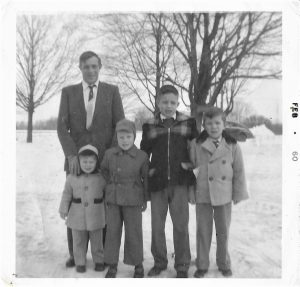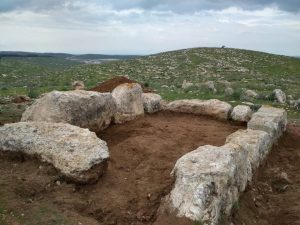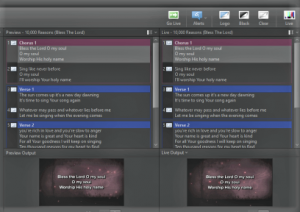
With a many a winding turn
That leads us to who knows where
Who knows where
Strong enough to carry him
He ain’t heavy, he’s my brother
His welfare is of my concern
No burden is he to bear
We’ll get there.”
The Hollies, Songwriters: B. Russell, B. Scott
Considering that my father-in-law was an only son, his father’s fears for the male line were greatly alleviated by the number of grandsons who arrived to inherit his name. The photo above shows my in-laws’ first four sons (they would eventually add two more, and a daughter). Parenting a rough and tumble household of mostly boys had to be a time-consuming task in itself. How they ever got out of the door on Sunday mornings all dressed up for church, I can’t imagine.
And there were other more heartbreaking challenges. Their second son, Cor, pictured on the right, lagged behind in development. He was slow to walk even with the coaching of his older brother, and slow to talk. The school system at that time, burdened with baby boomer numbers, itself was handicapped in educating children like him. He had difficulty processing language, and only learned to read because of the perseverance of his mother, who spent hours patiently tutoring him. He longed to be able to keep up with other kids, wished he could have “a million brains.” But he also had a keen, uncanny affinity with the weather, sometimes in prediction and sometimes in memories of weather settings of events many years later. He loved to pore over encyclopedias, with their pages of facts.
He worked on the farm with the others, and in his early twenties earned his driver’s license. He was employed at several foundry companies, and then at an Ancaster bakery for many years. Not necessarily exciting work, but it paid the bills, and gave him some independence. He enjoyed visiting the local Tim Hortons and being around people in the mall.
Cor was married for a short time, but for much of his life he lived alone, fiercely independent, buying and maintaining his own house and his own car. An illness, and later diagnosis of possible schizophrenia eventually brought him to hospital and the nursing care he needed.
For his siblings, always aware of the differences that caused the other children to consider Cor’s behaviour strange, of the constant frustration as Cor struggled in school, the family stigma, his anger issues and vulnerability, there remained a constant ache. Society has little tolerance and much fears around those with mental illness, and they struggle to find a place.
As much as people vow at the outset, over a lifetime this weight does become very heavy. As Cor grew older, he lapsed into silence, into a place where he couldn’t be reached. We were painfully aware of our inadequacies as family and that of the medical or spiritual community to draw him out.
Cor passed away suddenly on April 22, 2021. It was time to let God carry him, when we couldn’t. We can’t be sad for him, because he’s now free to explore a wonderful new world. But we can perhaps take his legacy, and make life a little easier for people like him by early intervention, by appreciating their unique gifts to our society, by patiently coming alongside at their pace instead of ours.
And though we ourselves may be slow learners in this regard, we can at least be willing to be taught.




